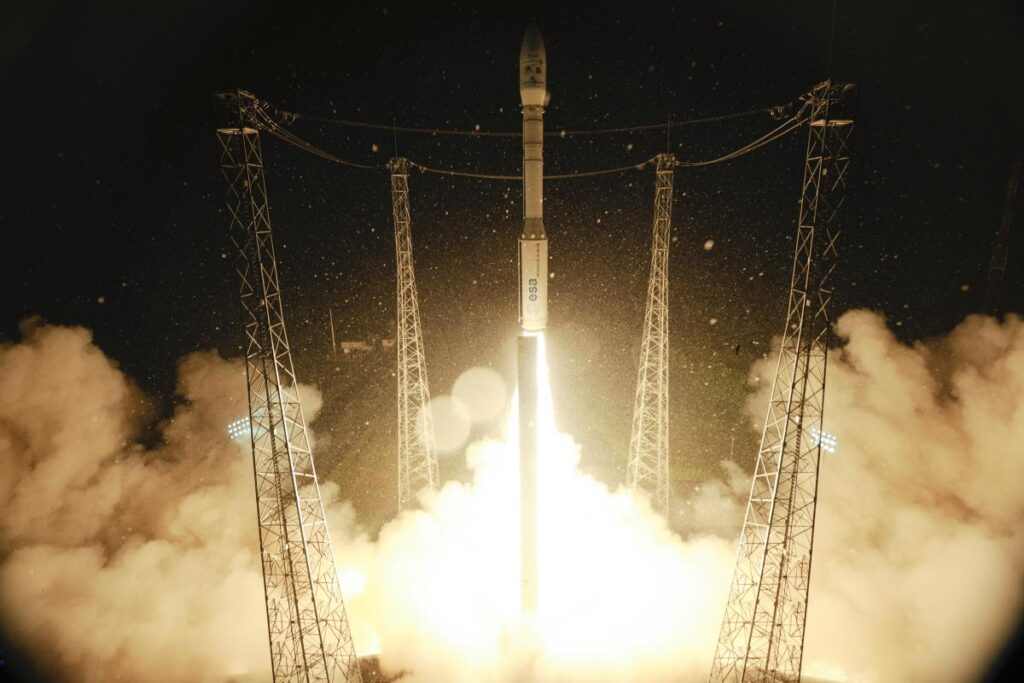Astrophysical black holes can be entirely described by just two properties: their mass and their spin. While masses of black holes have been extensively studied, black hole spin remains poorly understood. This is because spin is both much more difficult to observe and more complex to model. Nevertheless, spin is no less integral to the evolution of massive black holes over time, and the role they play in shaping their host galaxies.
This workshop is a chance to discuss the nature and evolution of massive black hole spin from both an observational and theoretical point of view. It aims to bring together the theoretical and observational communities to advance our collective understanding of black hole spin evolution. In this workshop we will focus on the evolution of the massive black hole spin distribution across cosmic time, as informed by analytic models, numerical simulations as well as multi-frequency and multi-messenger observations. Theoretical sessions will cover simulations and analytic models, from accretion-disc scale phenomena via the impact of binaries and inspiral on massive black hole spin to a discussion on what we can learn from galaxy scale and cosmological simulations on the spin distribution of massive black holes. Observation-focused sessions will include gravitational waves, X-ray based and interferometry-based spin measurements, and those based on transient events. The goal of this workshop is to bring together theorists and observers to exchange state-of-the-art insights and guide future efforts to maximise the understanding of black hole spin across cosmic time.
Core questions include:
– When and where can we observe massive black hole spin?
– What can we learn about massive black hole spin from current theoretical and numerical efforts on different astrophysical scales?
– What observations do we need most to constrain models?
– Where should modelling efforts be focused to make the most of the existing and upcoming observational missions?
– What do we need to prepare to make the most of upcoming missions?
Confirmed invited speakers so far
- Matthew Liska
- Davide Gerosa
- Filip Husko
- Margherita Giustini
** Please note there is no attendance fee for this workshop**
If you are interested in attending this workshop, please register by clicking on the registration section of this page. We will confirm your registration if your abstract is accepted.
Registration is now open and will close on the 19th of January 2026.
Please be aware of this Travel Scam!
If you received emails from travellerpoint(dot)org (or another travel company), please be careful. The email asks about arrival and departure dates to Edinburgh and offers a hotel booking form where they ask for credit card details.
Please, ignore the emails and do not reply nor click on any link given by them. You can also block the domain on your email client.
Our official emails are all from this website’s domain “@ed.ac.uk” (usually, sopa.events@ed.ac.uk). Please avoid giving private information to external sources.
Workshop Website
